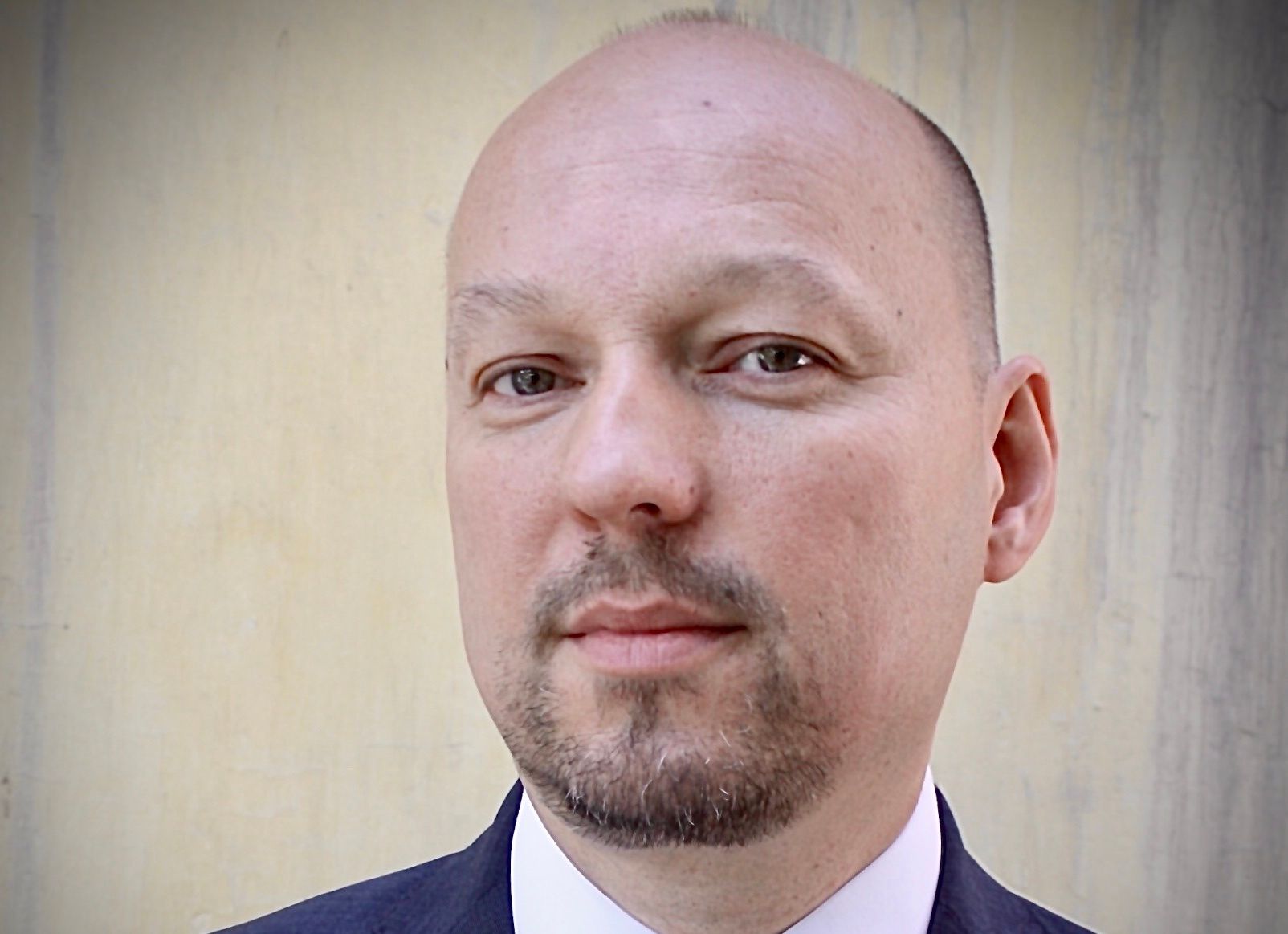November 20, 2019
Forty years ago, Islamic extremists angry at the Saudi government's experiments with social liberalization laid siege to the Grand Mosque of Mecca, the holiest site in Islam.
To regain control, the House of Saud had to strike a deal with key conservative clerics whose blessing they needed in order to send troops into the mosque . The monarchy agreed to roll back all liberalization at home, and pledged to actively fund the spread of conservative wahhabi Islamic teachings around the globe.
To understand better how the repercussions of those choices are still with us today, we put some questions to Yaroslav Trofimov, chief foreign affairs correspondent for the Wall Street Journal, and author of the magnificently written 2007 book The Siege of Mecca.
His answers have been lightly edited for clarity.
Why is it important to mark the 40th anniversary of the siege?
YT: We are at a historic moment once again in Saudi Arabia, with Crown Prince Mohammed bin Salman openly talking about how he wants to rectify the errors of 1979 and bring the country into a more socially liberal system. And he has done a lot already, allowing women to drive and lifting many other restrictions, allowing pop concerts, cinemas, tourism — all those things that remained banned in Saudi Arabia because of the 1979 deal between the House of Saud and the clerics. We are obviously talking about social as opposed to political liberalization now, as the kingdom's political system remains as oppressive as ever.
How did the event change Saudi Arabia's society?
YT: The 1979 events gave the upper hand to religious conservatives for nearly four decades, freezing the social reforms and keeping the kingdom's population under control of the religious establishment and its Vice and Virtue Police. That had repercussions in every sector, most notably education, which created a new generation steeped in ultra-conservative Islamic values. It is only after the 2001 attacks [of 9/11] that this began to change, with the most dramatic erosion of the clerics' power happening since 2016.
How did the siege affect Riyadh's foreign policy?
YT: The new pact between the clerics and the House of Saud also meant that the Saudi oil money was to be used to spread its ultra-conservative version of Islam around the world, at the expense of more moderate and open interpretations. That changed the discourse in Islamic countries all over, and indirectly fostered the rise of extremism.
The siege came a few months after the Iranian revolution, how did that play into things?
YT: There was a lot of confusion at first, as the US blamed Iran for the Mecca events and Iran blamed the US. But, all in all, the siege taught the Saudi royal family that the best way to confront Iran's aspirations to lead the pan-Islamic revolution was to stoke Sunni sectarianism that dismissed Iranians as not really Muslim because of their Shiite faith.
That became a point of convergence between the supporters of Juhayman [al-Oteibi, leader of the siege], the Saudi clerics, and the Saudi government. And we see the repercussions of that rise of Sunni-Shiite sectarianism across the region today.
Saudi Crown Prince Mohammed bin Salman says he is trying to move Saudi Arabia back onto the pre-1979 course of social liberalization. Is that possible?
YT: Well, empirically it is happening. I refer you to the piece I just wrote from Saudi Arabia for the WSJ. Times are changing and the influence of social media and the internet in general on young Saudis is massive, opening up their minds. Also, hundreds of thousands of young Saudis have traveled to the US to study on King Abdullah scholarships in the past decade, bringing back fresh ideas.
So far the backlash to the changes in the kingdom has been very limited. The question is: is Prince Mohammed dragging a reluctant kingdom into modernity, or was the society changed and reachable all along? We'll see what happens in the coming years.
In many ways the Siege of Mecca is the story of unintended consequences: of leaders tolerating (and even supported) extremists who ended up turning on their masters. Is there a comparable situation today that worries you?
YT: Well, history is full of unintended consequences. Did Putin expect Ukraine to harden as a nation-state and decisively turn toward the West as a result of his [invasion of the country] in 2014? My guess is no: he expected it to crumble.
On the question of jihadists, I think countries have learned since 2001 and since the rise of Islamic State that extremist proxies are dangerous. How long will that lesson hold?
Time will tell.
More For You
- YouTube
Europe can no longer rely on the US and must step up to defend its own future, Ian Bremmer reports from the Munich Security Conference.
Most Popular
Think you know what's going on around the world? Here's your chance to prove it.
A poster featuring Andrew Mountbatten-Windsor, formerly known as Prince Andrew, is installed on a sign leading to the parking area of the Sandringham Estate in Wolferton, as pressure builds on him to give evidence after the U.S. Justice Department released more records tied to the late financier and convicted sex offender Jeffrey Epstein, in Norfolk, Britain, February 5, 2026.
REUTERS/Isabel Infantes
British police arrested former Prince Andrew Mountbatten-Windsor today over allegations that in 2010, when he was a UK trade envoy, he shared confidential government documents with convicted sex offender Jeffrey Epstein.
© 2025 GZERO Media. All Rights Reserved | A Eurasia Group media company.
